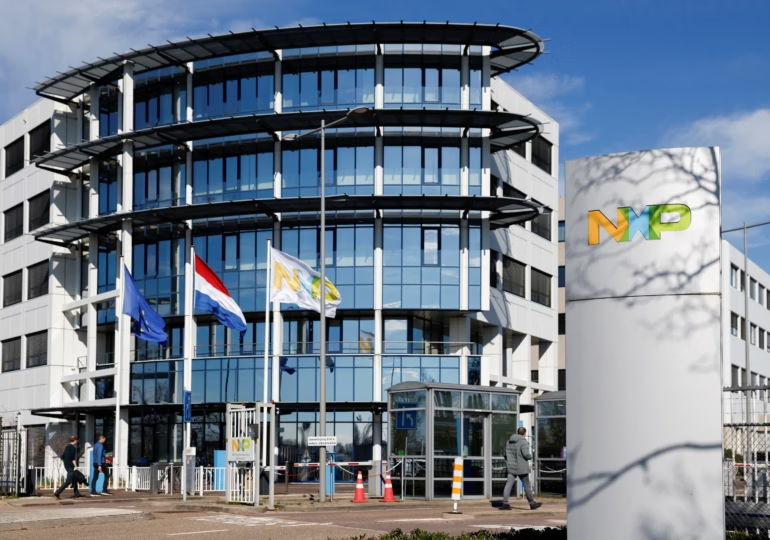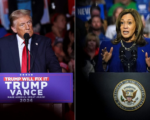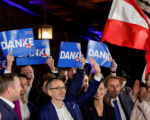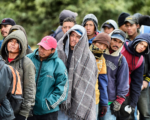Austria’s Far-Right FPÖ Leads in Upcoming Election: How Did It Rise to Power?
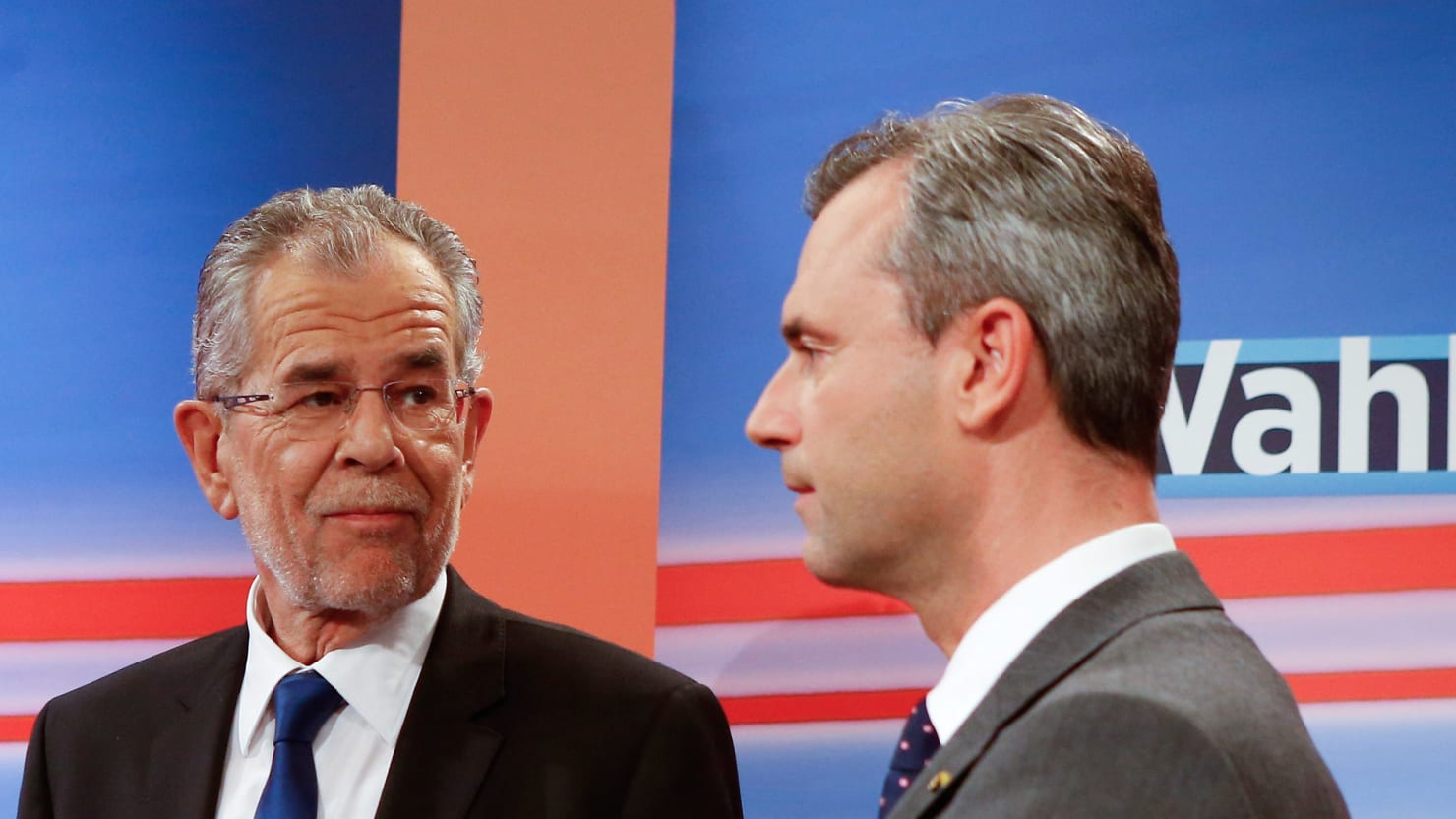
Austria’s Freedom Party (FPÖ), a far-right, anti-immigration party, is expected to win the national election this Sunday, marking another rise of the far-right in Europe. However, unlike many populist movements, the FPÖ is no newcomer. Founded in the 1950s, it has previously held power and is poised to leverage growing discontent with immigration, inflation, and Austria’s relationship with the European Union.
The FPÖ has traditionally drawn support by opposing immigration and the EU, as well as advocating for Austria’s neutrality in the Russia-Ukraine war. Its leader, Herbert Kickl, has promised to fortify the country’s borders and focus on “remigration” policies to return immigrants to their countries of origin. He has also opposed sanctions on Russia and criticized COVID-19 vaccines, describing them as a “genetic experiment.” Kickl’s fiery rhetoric has resonated with Austrians frustrated by inflation, energy dependence on Russia, and the country’s political elite.
Despite its controversial history, rooted in Nazi sympathizers, the FPÖ has garnered substantial support, with polls indicating it could secure around 27% of the vote. However, it is unlikely to win an outright majority and would need a coalition partner. The conservative Austrian People’s Party (ÖVP) could be a potential ally, though current Chancellor Karl Nehammer has expressed reluctance to collaborate with Kickl due to his radical views.
The FPÖ’s rise mirrors broader far-right movements across Europe, as seen in France’s National Rally, Italy’s Lega, and Germany’s AfD. Like these parties, the FPÖ has capitalized on voter disillusionment with mainstream parties, positioning itself as a defender of Austrian values and a voice for those who feel neglected by the political establishment.
If the FPÖ manages to form a coalition, it would strengthen the far-right’s influence, not just in Austria but across Europe, signaling a shift in the political landscape as voters increasingly turn to populist and nationalist platforms.





